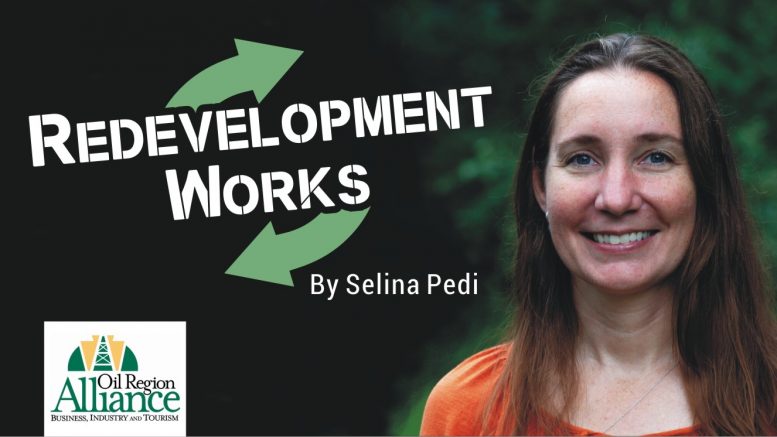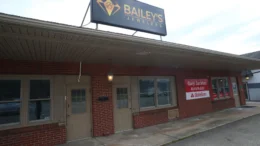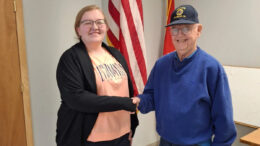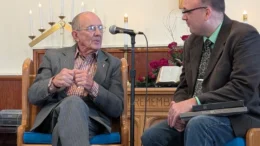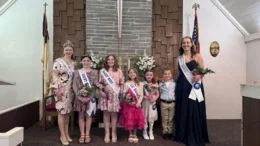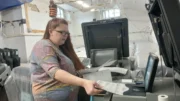Last week, we talked about the importance of perspective for redevelopment work. Quite simply, no one person, no matter how well they think they might understand a problem, is going to be able to see every side. This is why redevelopment is a team sport, and requires team members who are comfortable with uncertainty, as well as with disagreement and debate. Sure, it feels great when you’re brainstorming in a like-minded group and the positive energy is flowing. But it’s equally important to hear and consider ideas that might not mesh with your own, to broaden your perspective and help you test the validity of your thought process. Redevelopment can never be truly successful in a vacuum or echo chamber!
Uncomfortable feelings like uncertainty and disagreement, though, are not high on most people’s list of favorite things. Most of us are simply not hard-wired to enjoy conflict or disorder. So how can we learn to value differing perspectives, especially when they challenge our own? How can we learn to calm the anger and defensiveness that instinctively bubble up whenever we feel like someone disagrees with us?
The Greek philosopher Epictetus had a pretty good idea. He was quoted as saying “We have two ears and one mouth so we can listen twice as much as we speak.” Nowadays, we call this being “mindful.” That is, taking the time – that extra helping of listening – to acknowledge and think about how you are reacting to something and then consciously, intentionally, choosing how to respond. It’s not never getting mad, or frustrated, or scared, or overly excited. It’s recognizing that you are feeling these potentially overwhelming emotions and then deciding how you want to handle them.
That extra attention to listening also allows us to truly hear what someone else is saying, instead of jumping to conclusions about what they mean. It gives us the time to decide if we need to ask someone to clarify their perspective for us, so that we can actually understand their meaning. In redevelopment work, especially, it’s crucial to not assume we know how others think or feel based on our own interpretation of their words or experiences. Being mindful, listening twice as much as we speak, allows us the room we need to connect with someone else’s perspective and learn from it.
Since the time we learn to talk, though, we usually find it quite hard to listen more than we speak. We have to actively develop our ability to listen, to be mindful of our emotions and how they influence our thoughts and decisions. And like any other skill, it’s a lot easier to learn with a teacher or mentor. In that regard, we are extremely lucky to have our own regional mindfulness Superhero, Dr. Joseph Croskey! Join us next week as we speak with Dr. Croskey and learn more about how mindfulness and redevelopment overlap. See you then!
Selina Pedi is the Oil Region Alliance redevelopment manager. She can be reached by email at spedi@oilregion.org.

